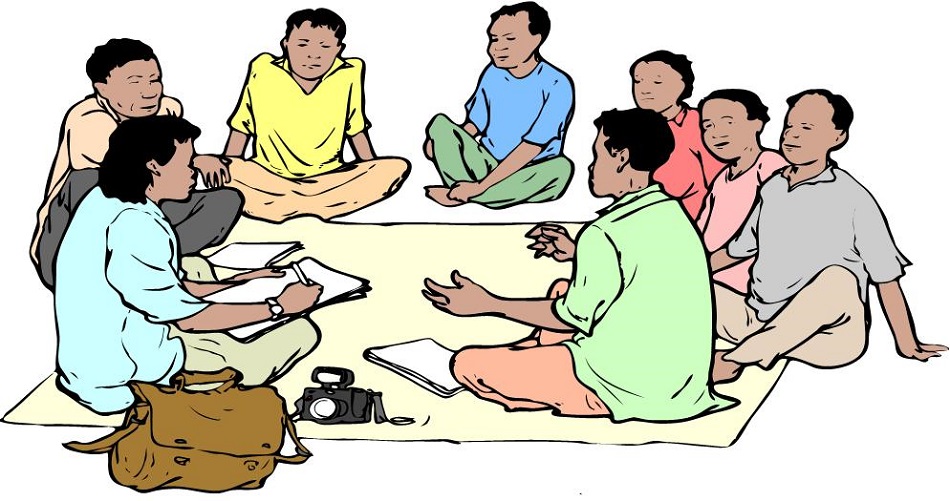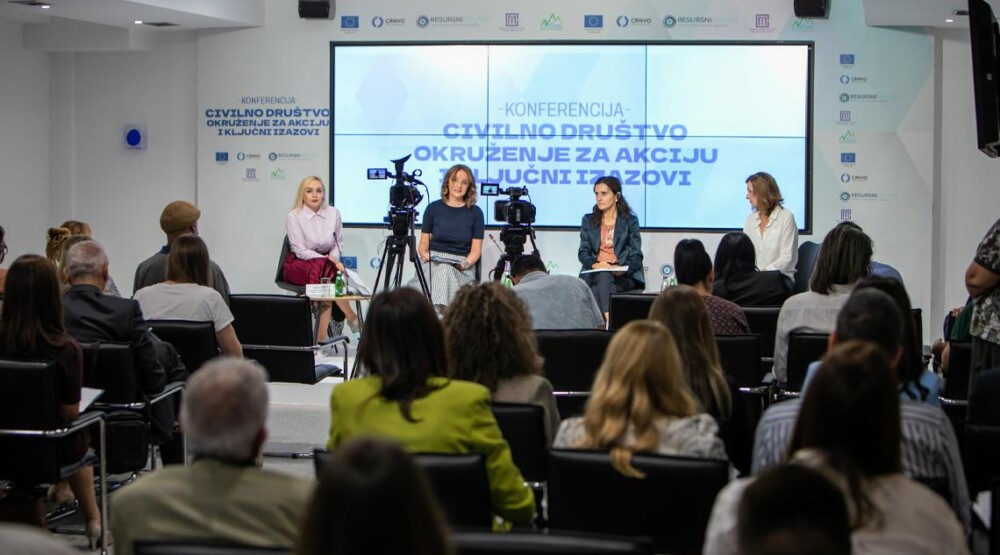Civil society and activism play a crucial role in the democratic development of Montenegro, contributing to citizen engagement, social progress, and the promotion of democratic values. In Montenegro, civil society encompasses a diverse range of non-governmental organizations (NGOs), grassroots movements, and community-based groups that operate independently of the state.

Civil society organizations in Montenegro actively promote citizen participation by providing platforms for dialogue, organizing public events, and mobilizing collective initiatives. They serve as a bridge between citizens and the government, amplifying the voices and concerns of the people in public decision-making processes. By fostering inclusivity and engagement, civil society strengthens democratic governance and helps ensure that policies and practices are responsive to the needs and aspirations of the Montenegrin population.
Furthermore, civil society and activism in Montenegro are instrumental in advocating for human rights, social justice, and equality. These organizations work tirelessly to protect and promote fundamental rights and freedoms, including freedom of expression, assembly, and association. They challenge discrimination, combat gender inequality, and advocate for the rights of marginalized communities. By addressing societal issues and advocating for positive change, civil society contributes to the advancement of a fair and inclusive democratic society in Montenegro.
Civil society organizations also play a critical role in holding the government accountable for its actions and policies. They monitor and analyze government activities, expose corruption, and advocate for transparency and accountability. Through their efforts, civil society helps to ensure that public officials are held to high standards of integrity and that decision-making processes are transparent and accountable to the citizens. According to data from the website of the Government of Montenegro from March 25, 2021, the number of active non-governmental organizations is 6,070.
When it comes to individuals, they can become members or volunteers of CSOs, which allows them to actively engage in the organization’s activities and decision-making processes. This can involve attending meetings, participating in discussions, and contributing ideas and expertise to shape the organization’s strategies and initiatives.
Individuals can also participate in grassroots movements and advocacy campaigns organized by CSOs. This may include attending protests, rallies, and demonstrations to voice their concerns and demands, as well as raising awareness on social and political issues through public events, marches, or online campaigns.

Additionally, individuals can contribute to the democratic process by attending public consultations, town hall meetings, and community forums organized by CSOs or local government institutions. These platforms provide opportunities for citizens to express their opinions, provide feedback, and engage in constructive dialogue with decision-makers and representatives.
Furthermore, individuals can participate in capacity-building programs and workshops organized by CSOs. These initiatives aim to enhance civic skills, political awareness, and knowledge about democratic processes. Through such programs, individuals can develop their leadership abilities, gain a deeper understanding of political systems, and learn effective strategies for advocating for change.
Financial support is another way individuals can participate in politics and local democratic events. They can donate to CSOs or support crowdfunding campaigns that aim to fund projects and initiatives aligned with their values and objectives.
However, civil society and activism in Montenegro face various challenges, including limited financial resources, bureaucratic obstacles, and occasional hostility or indifference from those in power. Despite these challenges, civil society organizations in Montenegro have shown resilience and adaptability, leveraging technology and networking opportunities to amplify their impact and reach a broader audience. They actively utilize social media platforms and online tools to raise awareness, mobilize support, and foster dialogue within the Montenegrin society.
Montenegro has established legal frameworks and regulations to govern the operations and registration of civil society organizations. These frameworks aim to ensure transparency, accountability, and compliance with relevant laws and regulations.
References:
- Private library and researches – presentations from follow-up workshops
- Wikipedia